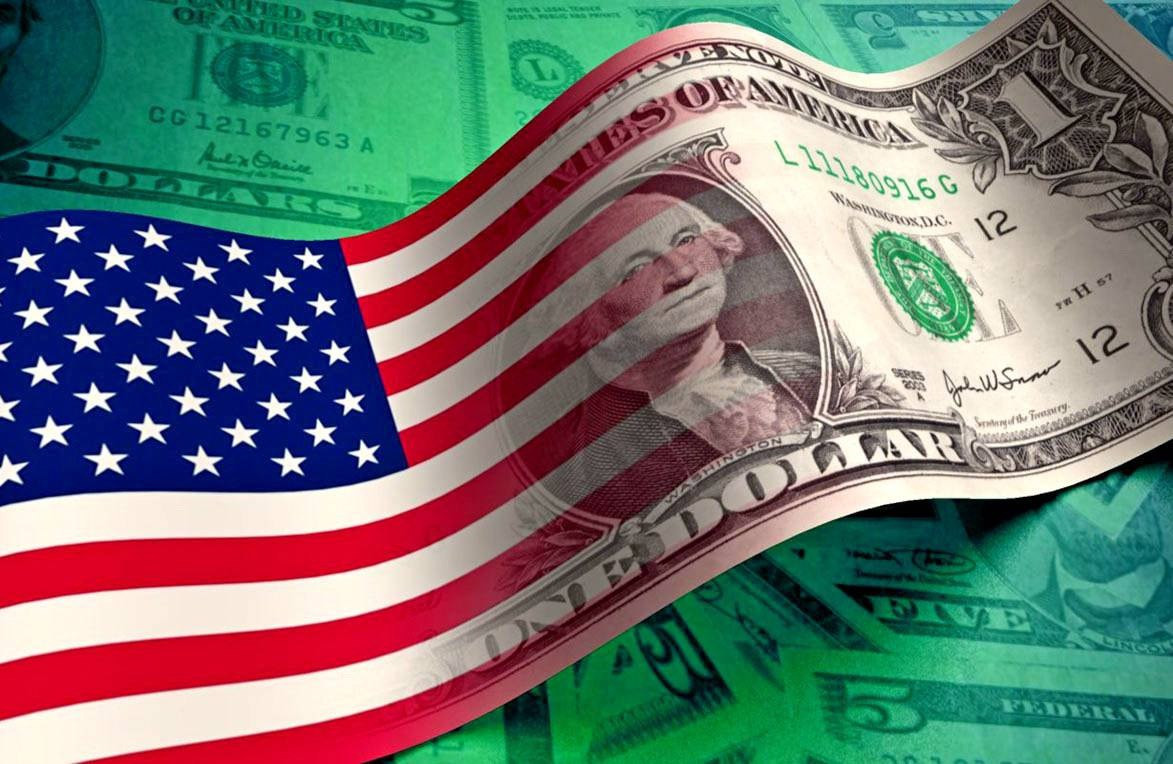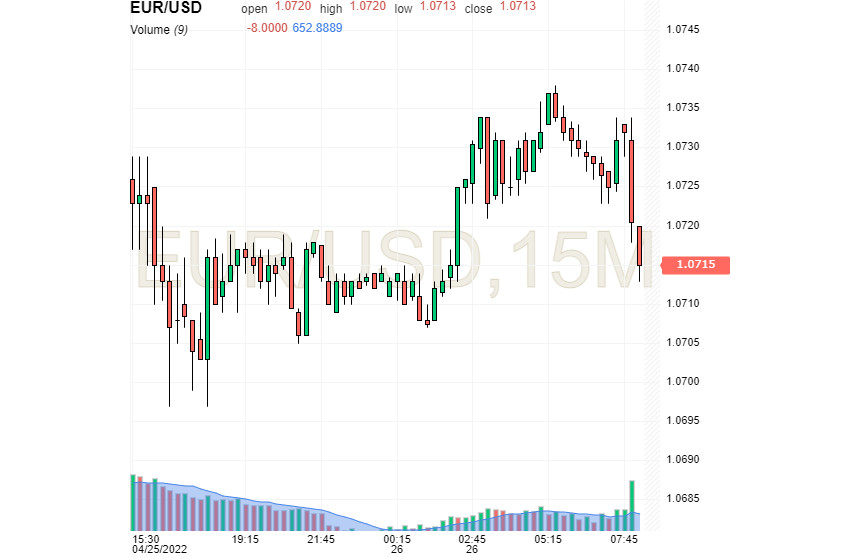
Many analysts agree that tough Western sanctions against Russia are damaging their own economies and national currencies. This is especially true in relation to the dollar. It should be noted that the euro also came under the pressure of geopolitics and copes worse with pressure.
In this situation, the greenback resembles a snake biting its tail, or a scorpion stinging its body. This postulate is relevant in relation to the United States, which "personally undermined the world domination of the dollar by introducing anti-Russian sanctions," analyst Branko Marcetic notes. He emphasizes the irony of the current situation, believing that the decision of the American authorities related to the introduction of restrictive measures against Moscow is a "strategic mistake of Washington."
According to Marcetic, the strongest blow to the financial system, led by the USD, was inflicted by itself. As a result, the United States may lose the ability to import more goods than export, "without the risk of a collapse in the dollar exchange rate or an increase in interest rates."
The deterioration of the current situation contributes to the reduction of the dominant role of the greenback. However, many analysts are sure that it is difficult to shake the leading positions of the USD, unlike the euro's positions. In an unstable geopolitical situation, the euro is more susceptible to negative changes than its American rival. The greenback was steadily getting more expensive amid investors' flight from risk on Monday, April 25. The US currency was also supported by expectations of a rise in the Federal Reserve's key rate. The EUR/USD pair was trading at 1.0715 on the morning of Tuesday, April 26.

According to experts, investors' rejection of risk creates problems for the medium-term prospects of the euro. Such a deterioration in market sentiment undermines the positions of the EUR/USD pair and negatively affects the euro. Intensive withdrawal of market participants to safe haven assets raises the bearish pressure on the EUR.
Against this background, the US currency feels confident, pushing aside competitors and going on the offensive against a wide range of currencies. Currently, the key driver of monetary policy is the geopolitical situation. It dictates the short-term dynamics of the American, European and a number of other currencies.
The reassessment of the trajectory of tightening monetary policy by world central banks was on the agenda again. Many traders and investors fear that the Fed will raise rates by 50 bps at the next meetings. At the same time, a rise of 75 bps is possible at the meeting scheduled for May 4. The reason is skyrocketing inflation in the United States, which is increasingly difficult to curb.
Experts admit that at the May meeting, a program will be launched to reduce the Fed's balance sheet, created as part of quantitative easing (QE) programs. The implementation of such a scenario contributes to an increase in the cost of dollar funding and an outflow of dollar liquidity. These measures are unfavorable for a wide range of risky assets, analysts emphasize.
Earlier, Fed Chairman Jerome Powell recognized the need for an accelerated tightening of monetary policy. He confirmed that at the May 4 meeting, the central bank could raise the rate by half a point at once. According to experts, by the end of 2022, the federal funds rate will reach 3-3.5%.
However, the early tightening of monetary policy has pitfalls, including a high risk of recession in the US economy. This position is shared by Deutsche Bank analysts, believing that the combination of an aggressive rate increase and a rapid rollback of the Fed's balance sheet is a direct path to a recession in the economy. Experts allow the deployment of such a scenario in 2023.
Such skirmishes regarding the appropriateness of monetary strategy are taking place against the backdrop of growing disagreements between the hawks and doves of the European Central Bank. The former want to accelerate the tightening of monetary policy, while the latter insist on further stimulus to the economy. At the same time, the hawks are set to raise the rate at the central bank's July meeting, after curtailing its bond redemption program.
Achieving a compromise on the formation of an actual monetary policy is very important, since this is a key element of the future of the economy. According to ECB Vice-President Luis de Guindos, this topic underlies the European and world economies. The official called "the key to determining the direction of the monetary policy" inflation expectations, which are now very relevant. At the moment, issues related to inflation determine the future monetary policy of central banks.
 English
English 
 Русский
Русский Bahasa Indonesia
Bahasa Indonesia Bahasa Malay
Bahasa Malay ไทย
ไทย Español
Español Deutsch
Deutsch Български
Български Français
Français Tiếng Việt
Tiếng Việt 中文
中文 বাংলা
বাংলা हिन्दी
हिन्दी Čeština
Čeština Українська
Українська Română
Română

